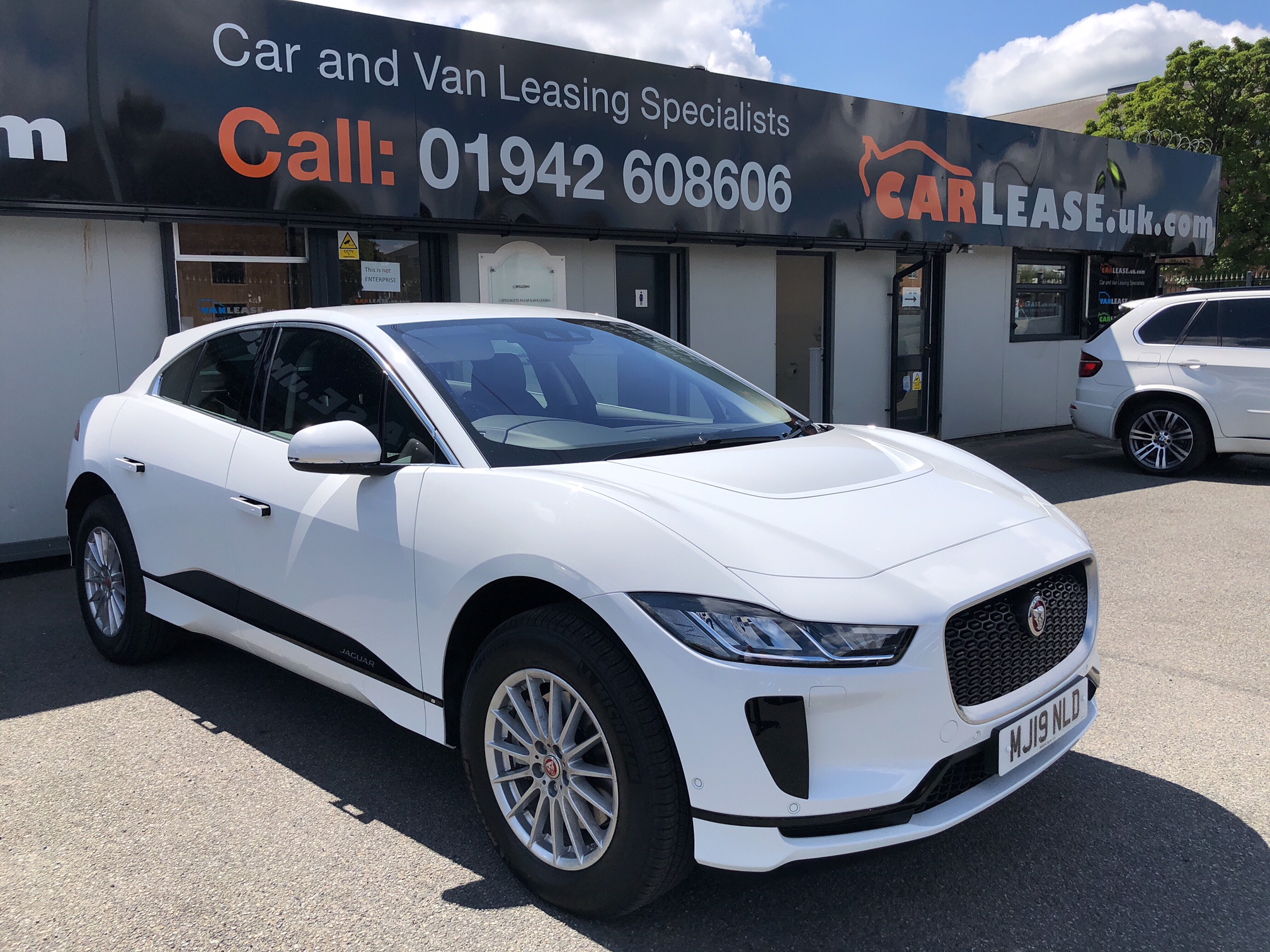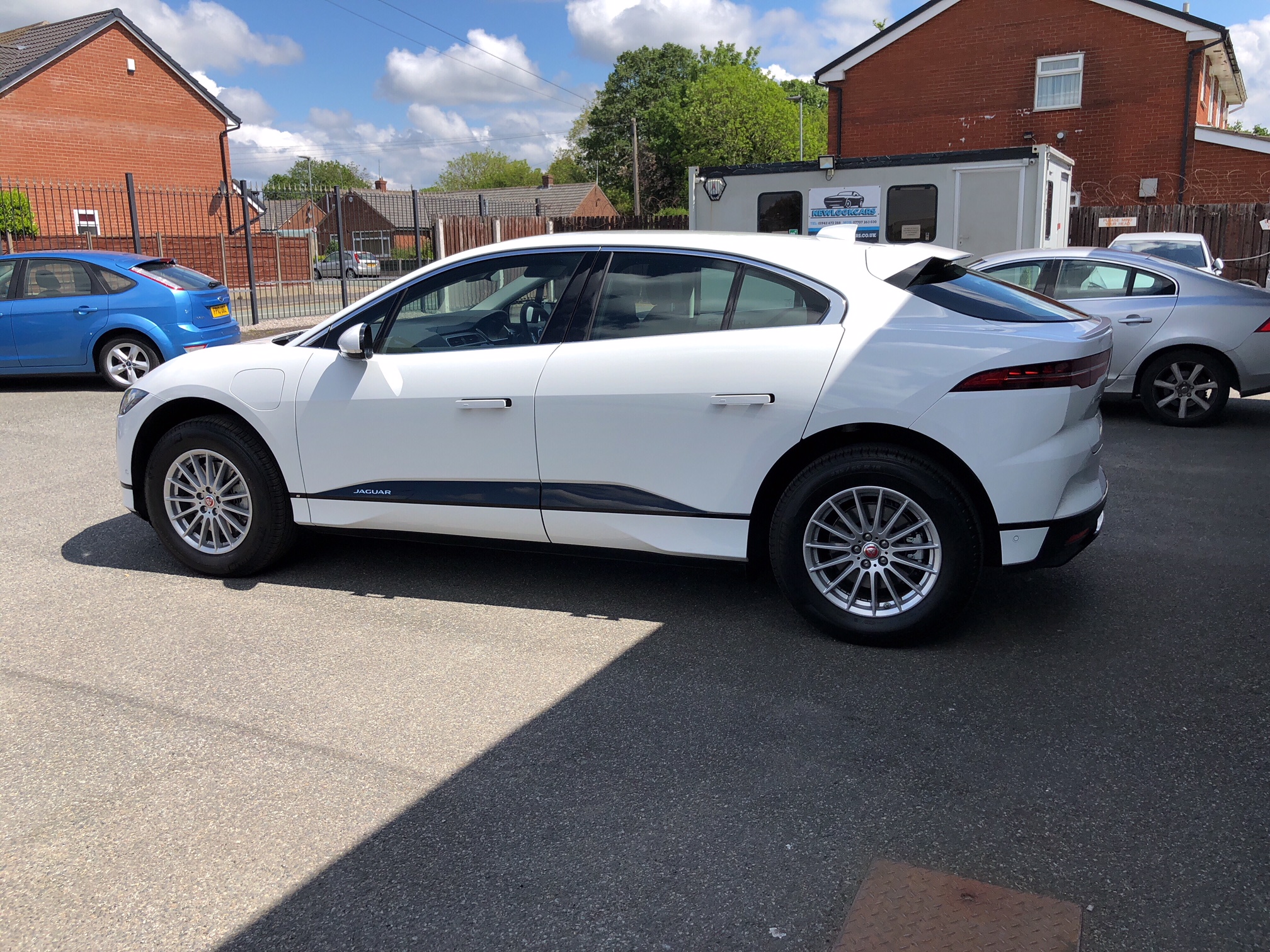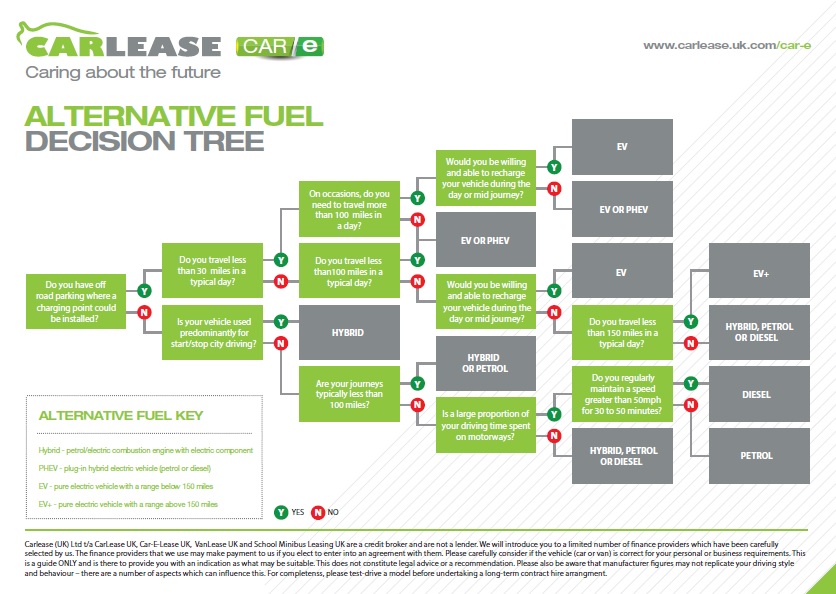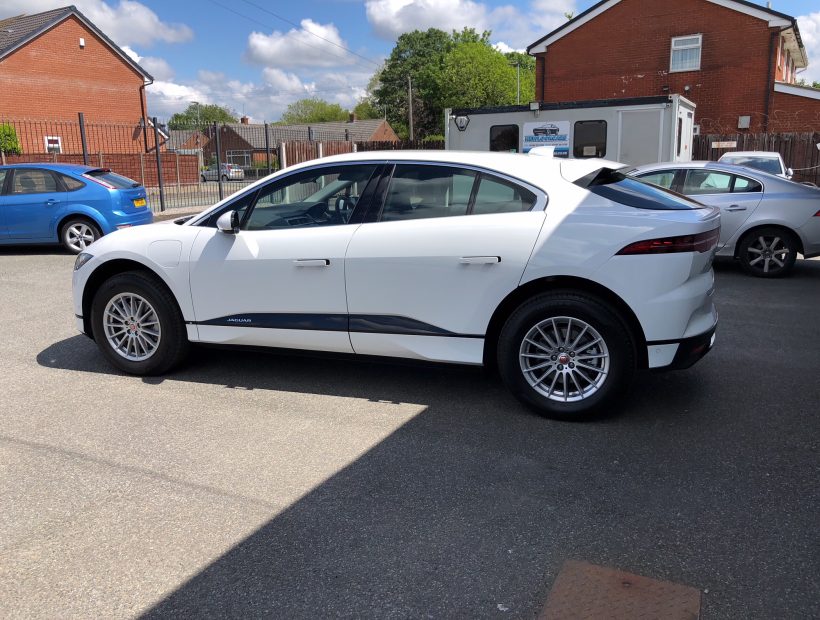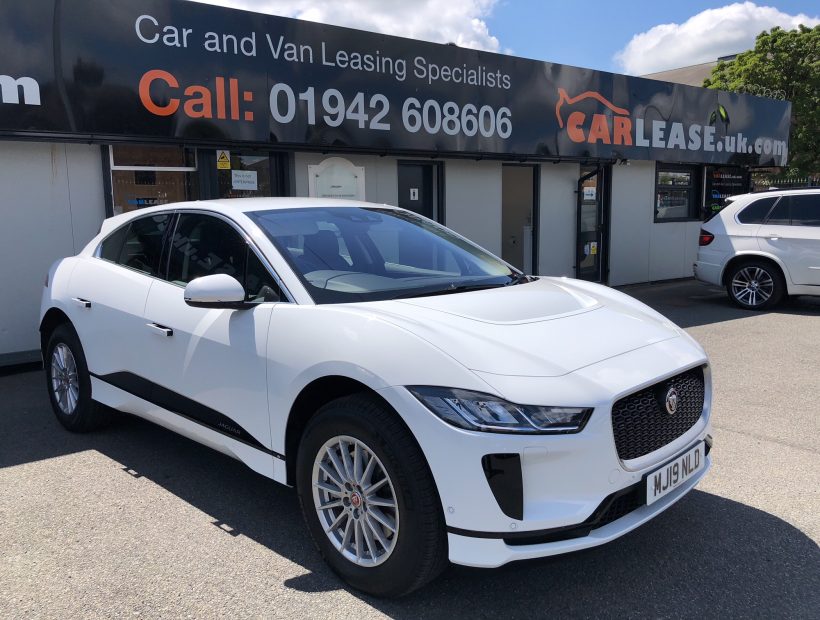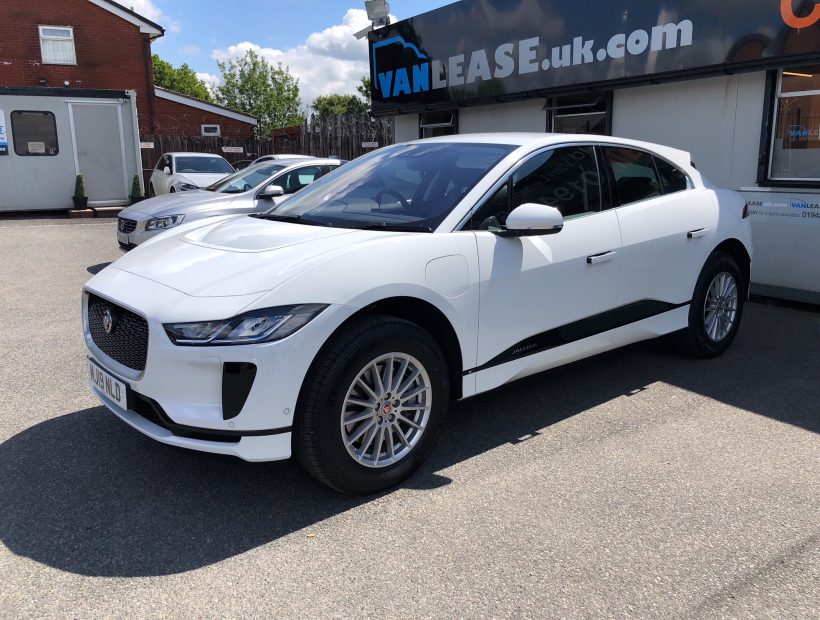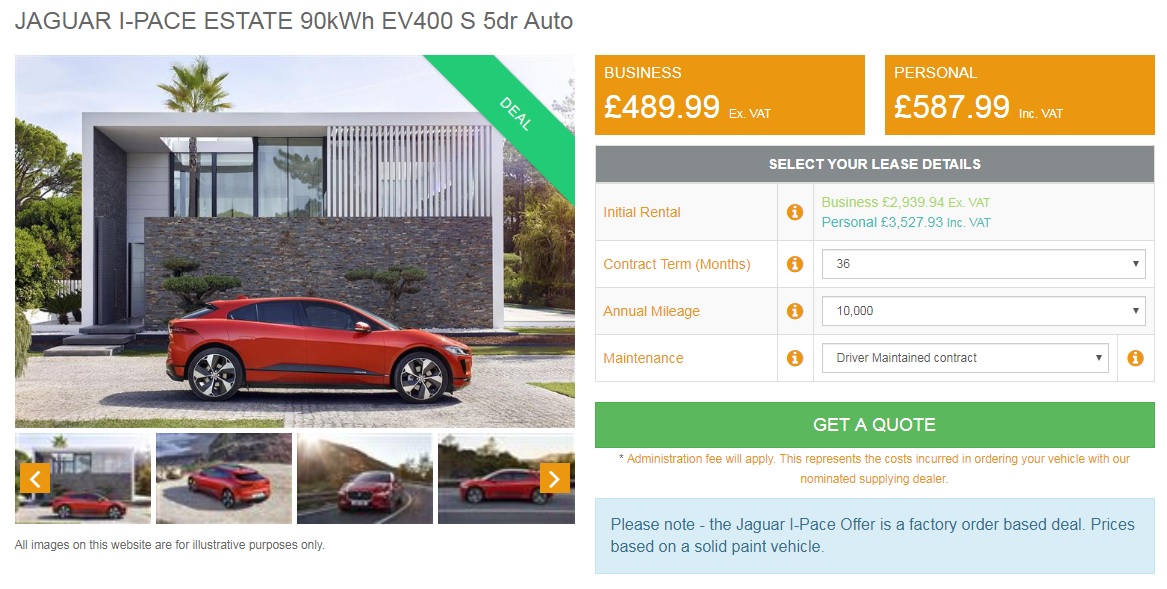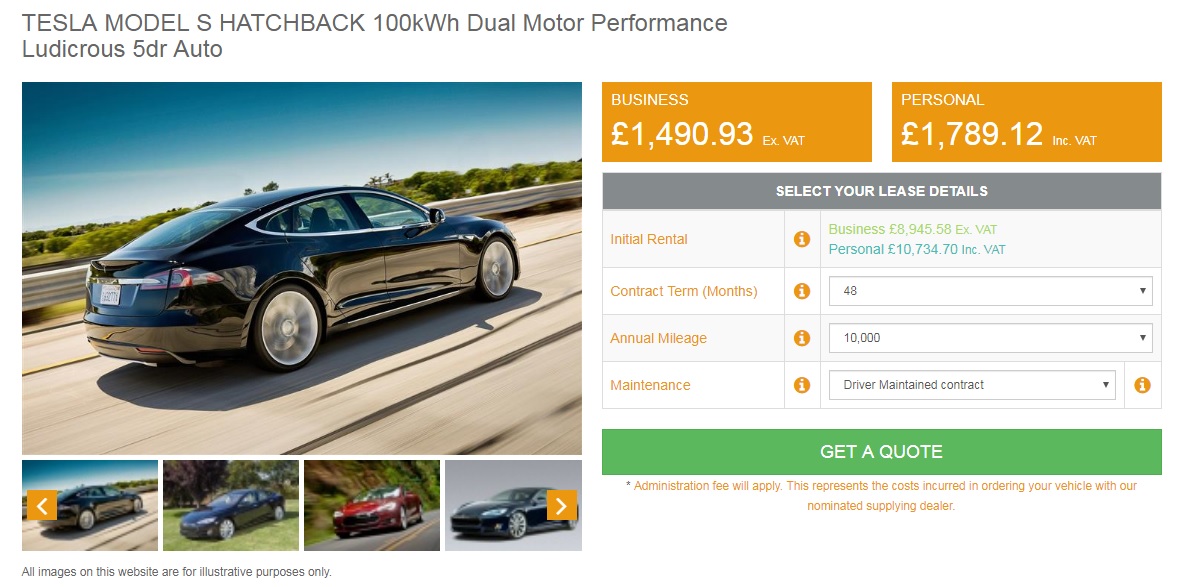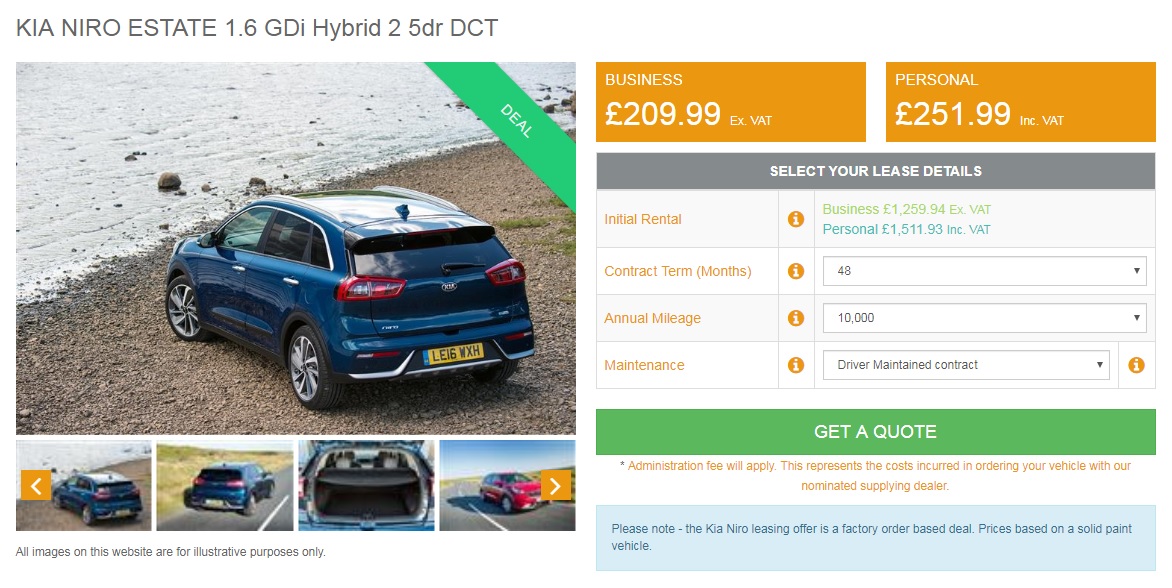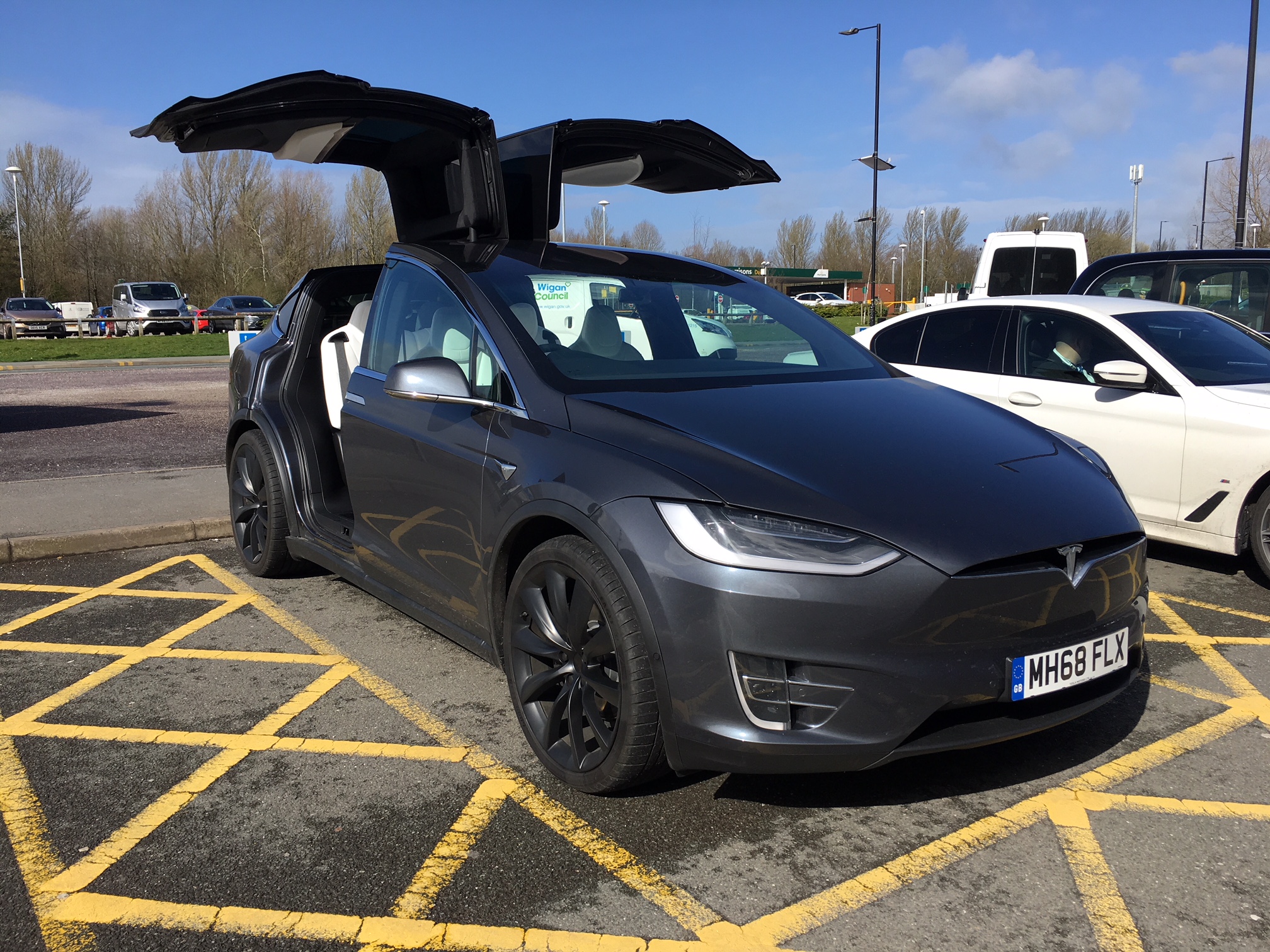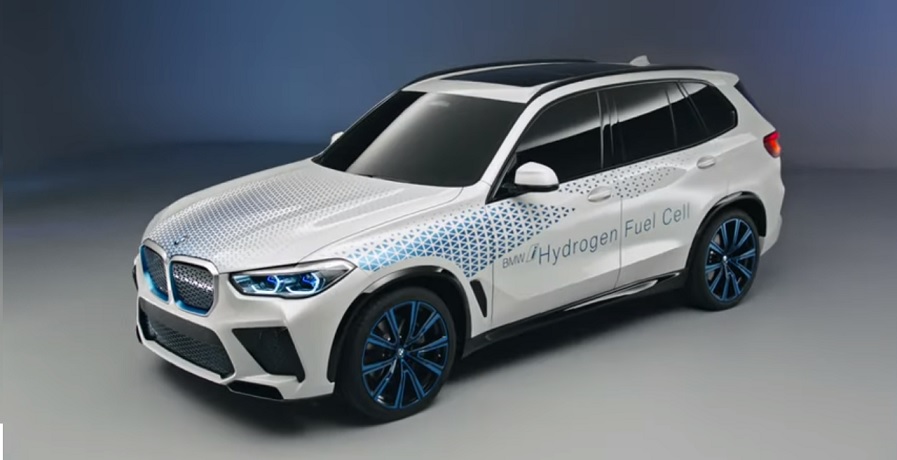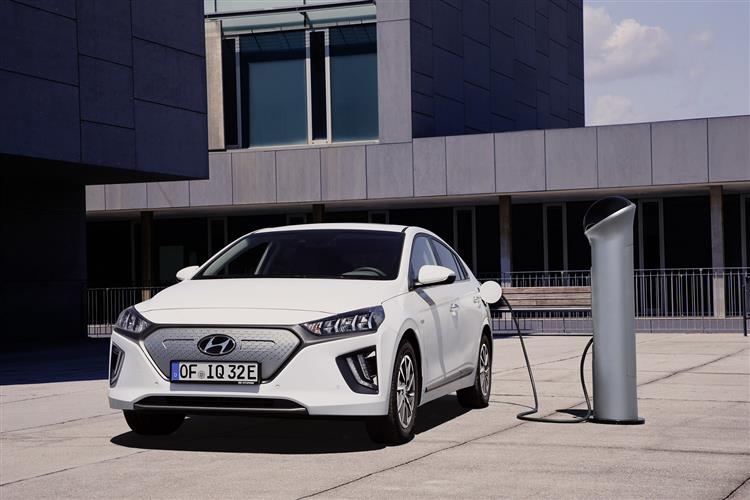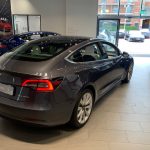Can I lease an electric with no deposit? Should me, or my business, get a hybrid, Plug-In or Electric?
These are two very good questions which our individual and business contract customers are raising with us, as the conversation on the next generation of automotive product continues to change and develop. Having recently attended the Newton Le Willows craft festival, the Car-E-Lease team had a chance meeting with the Northwest EV owners club and a representative from Raw Charging an approved ChargePoint supplier and installer. The group had a number of vehicles on display – the Kia Soul EV, Nissan Leaf, Nissan e-Nv200 and Tesla Model S.
While it was fantastic to make a key connection with the Raw Energy team, it was also amazing to see the public’s interest in the electric car products. 2019 will be known as the seminal year for electric cars; they are no longer seen as the “future” but as the “here and now”.
Electric cars are expensive and unaffordable. This is a very clear message we get from our customers, in particular non-company car users. HMRC’s decision to make electric cars almost free from a company car tax perspective from April 2020 seems to suggest that these will be the preserve of the business contract hire market.
However, what actually is expensive – are you referring to the cash price? Monthly cost? Electric charge point installation? This is where the private individual needs to carefully consider the whole life costs and long-term before making quick judgements.
Yes – electric cars are presently more expensive than their combustion equivalents. However, the disparity is not as much as some customers think; not every car is a £60,000 plus Tesla! There are far more affordable and usable solutions in the form of the Hyundai Ioniq EV, Kia e-Niro and Nissan Leaf which do not rely on you having an incredible budget.
What customer’s also need to be aware of is that the contract hire market is benefiting from both strong residual values and flexibility of finance.
Contract hire is a usership-style product. What this means is that you never own the vehicle; you undertake to use the car for a fixed period of time (2-4 years commonly) based on a set annual mileage (5,000 – 50,000) and return the vehicle at contract cessation.
For first-time electric car customers, this eliminates any risk, as you do not have to buy the vehicle when the contract ends.
If the product is unpopular or loses value in the market, this is the risk for the finance company to manage.
Conversely, if the electric car is popular, any financial benefit would be retained by the finance company (and not the end user). Where contract hire also assists is that it doesn’t require any large “deposits”.
To be clear, in contract hire and leasing industry, we don’t actually say deposit – this infers that the money will be returned to you or that this is an ownership based product. We actually say “initial rental” .
The default prices advertised on our website are all based on contract hire arrangements and will all be based on an Initial Rental equivalent to six rentals on a spread basis (this is sometimes referred to as “6 Spread” Initial Rental). By way of example, if a price is advertised at £300 per month on a 24 month contract the Initial Rental would be £1800. On this basis, the customer would pay £1800 in month 1 (usually 7-10 days AFTER delivery) and £300 in months 2 – 24. However, there is flexibility.
For personal and business customers with strong credit, there is an opportunity to take a vehicle without any enhanced initial rentals or payments – this is a No Initial Rental/No Deposit arrangement. Taking the example above if a car was advertised at £300 per month on a no Initial Rental basis, you would simply pay £300 in months 1 – 24. For customers wanting to avoid any huge financial contributions to the vehicle, ask your credit broker or finance company about the no initial rental contract.
This means you limit any initial costs particularly in cases where you may need to pay to change your home or business infrastructure to accommodate chargers for the new vehicle.
So which fuel choice is right for me? To make the process easier, Car-E-Lease have put together a comprehensive guide “Choosing the Right Fuel” which helps customers to device which fuel choice is best for them, or the business – for further details see https://www.carlease.uk.com/car-e.
There are a plethora of great fuel choices electric and non-electric, plug-in combustion engine combinations and non-plug-in hybrids. It’s fairly easily for customers to understand which direction they want to go, in that those who are prepared to look at vehicles which require charging/plugging-in will consider any PHEV or electric. For those who don’t want to go this far yet probably need to stick to a hybrid vehicle (which is a combustion engine with small lithium-ion battery).
While a hybrid is mostly petrol, and therefore not efficient on longer journeys, there are diesel options being developed and released.
For the customers ready to charge, the big choice is whether to go PHEV (a petrol/diesel engine with a bigger Lithium-ion battery) or to go fully electric (battery powered only).
This just needs careful consideration – do you have access to home or business charge points? What annual mileage do you cover? What type of driving do you undertake? Are you affected by a congestion or clean air zone? For example, if you cover 30,000 miles per annum but have some urban driving in a congestion zone, a diesel PHEV might stand out as the leading option. In contrast a customer with a home charge point and small stop/start journeys and low annual mileage would benefit massively from a fully electric car (particularly if they are in and around congestion charge zones).
As ever, think outside of the monthly rental. The cheapest solution is not necessarily the best one.
In terms of the car shown, Jaguar I-PACE ESTATE 294kW EV400 S 90kWh 5dr Auto, this is based on the following configuration:
· Fuji White Solid Paint
· Luxtec synthetic leather – Ebony with ebony/ebony interior + sport seats
· 18″ 15 spoke gloss sparkle silver alloy wheels – style 1022
· Gloss black trim finisher
In terms of the car shown here, this has the following standard specification – Meridian sound system, ambient interior lighting, LED headlights, 18” alloys, rear view camera, climate control, cruise control, heated door mirrors and approach lights, 8-way semi powered seats, heated steering wheel, leather sport steering wheel, heated front and rear windscreen, heated washer jets, rain sensing wipers, solar attenuating windscreen, ASPC, DSC, emergency brake assist, enhanced brake regeneration, hill launch assist, Apple car play/Android auto, Bluetooth, 360 parking aid, lane keep assist, park assist (incl parallel, perpendicular ad parking exit), traffic sign recognition, push button starter, 10” touch screen, navigation pro, auto dimming interior rear view mirror, 7kW single phase on-board charger, DAB radio, body colour bumpers, automatic headlight levelling, follow me home headlights, LED tail lights, multifunction steering wheel, LED reading lights, 60/40 split folding rear seats, keyless entry, All Wheel drive and intrusion sensor/alarm. In terms of additional options consider – privacy glass, carpet mats (they are no included!) and the power tailgate/boot lid. Alternatively update to the SE (list price £69,995) or the HSE (£74,995).
On the technical-side, company car and business users can note the P11d at £65,140.00 and CO2 at 0g/km. The 90kWh lithium-ion battery delivers 292 miles on a full charge (WLTP), 0-62 time of 4.8 seconds and 400ps. The service intervals on an electric Jag are every 24 months or 21,0000 miles whichever lands sooner.
So would the Jaguar I-Pace be your select electric car leasing option? Or would the Tesla model 3, Kia e-Niro or new Mercedes EQC get your vote.
Find the best lease car deals on I pace SUV @CarLease UK or – Cechk out more electric cars below.
